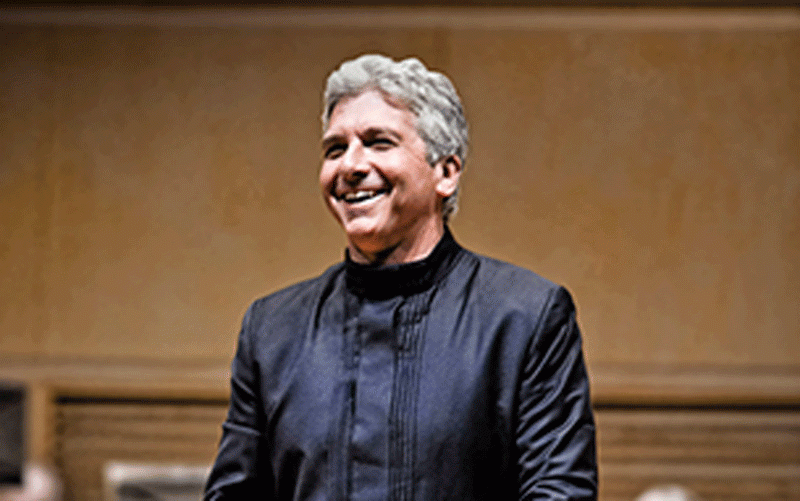
school of sport:with TIM MIDDLETON
IF there is one thing about which we are competitive, it is about being competitive! The very concept of competition makes people extremely competitive, either to promote it or to reject it. For some, being competitive is compulsive, comprehensive and conclusive while for others it is corrosive, coercive and contaminative. Can being competitive be concessive, corrective, contemplative, constructive, even compensative? How important is competition for the development of our young people? Do we really need to teach our young people to be competitive?
The fact that schools play competitive sport suggests that we do need to teach youngsters to be competitive and there are a number of reasons for that. The first reason that folk will give as to why we do competitive sport at school is that our children will live and work in a competitive world. Whether we like it or not, the world is competitive. There are winners and losers in every area of life. Not everyone will win or come out on top. There are rewards for those that do come out on top; there are consequences for those that do not. If we are educating our children for life, we need to prepare and equip our children for such a world.
In fact, we live in so competitive a world that it is competitive even when there is no competition! Schools themselves aim and claim to be the best school even though there is no competition to be the best school; there is no award for the best school, no competition, yet schools still strive to be known as the best school. It is not confined to schools though; churches, businesses, individuals all create their own informal competition (in areas where they are personally strong, so that they can win) — who does the best flower arrangements, who has the best website, who has the most ‘likes’ and followers. We are often little better than dogs, who start running, without knowing why they are running, but because they are running against other dogs they have to run faster and further! Even our boasting becomes a competition. We live in a competitive world so we must prepare our youngsters to not simply participate in it but to compete in it.
The second reason that folk will give is that our children live with competitive people; not only is the world competitive, but the people within it are competitive. We do not need to drive a car very far to discover how competitive people are, especially in Zimbabwe: People cannot wait their turn to overtake, but have to overtake on a blind rise, on a double white line from twenty cars back as if it is a race to get to the front, even though others are waiting to do so. Interestingly, those who are waiting their turn to overtake will also compete by not letting them in when a car approaches in the opposite direction. “I got here first! I will not let you get in front of me! I must not give in! You must get back in line!”
The third reason that may be given is related to that one and that is our children themselves have a competitive instinct. There is always a great debate whether talent is dependent on nature or nurture, but is there such a debate about the competitive instinct? Are young people actually taught to be competitive or is it there already? At a very young age, children in the playground are focu sed on being competitive, in the sense that they have to beat others, they have to win, they have to come out on top. Even in the classroom, children from a very young age are competitive. But no-one is teaching people to get to the front of the queue; they instinctively seek to do so, by fair means or foul. There are no prizes awarded for the car that arrives home first from a long journey yet many people see such as a race to be won, as a competition. Then they will boast about how quickly they travelled the road. Did anyone teach them that? Have they become like that because they were taught to be competitive at school or were they like that already? Competitive juices are within!
Our children live in a competitive world, with competitive people, who have competitive instincts. We must be careful though not to miss the point. We must teach our young people to be competitive; note, competitive, not simply victorious. We must teach our young people the place and purpose of competition.
Competition can be extremely helpful and healthy yet it can also be devastatingly destructive and debilitating. That is why we must teach them how to be truly competitive. And the competitive ones among us will seek to do it better than all others!
- Chamisa under fire over US$120K donation
- Mavhunga puts DeMbare into Chibuku quarterfinals
- Pension funds bet on Cabora Bassa oilfields
- Councils defy govt fire tender directive
Keep Reading
lTim Middleton is a former international hockey player and headmaster, currently serving as the Executive Director of the Association of Trust Schools (ATS) Email: [email protected]











